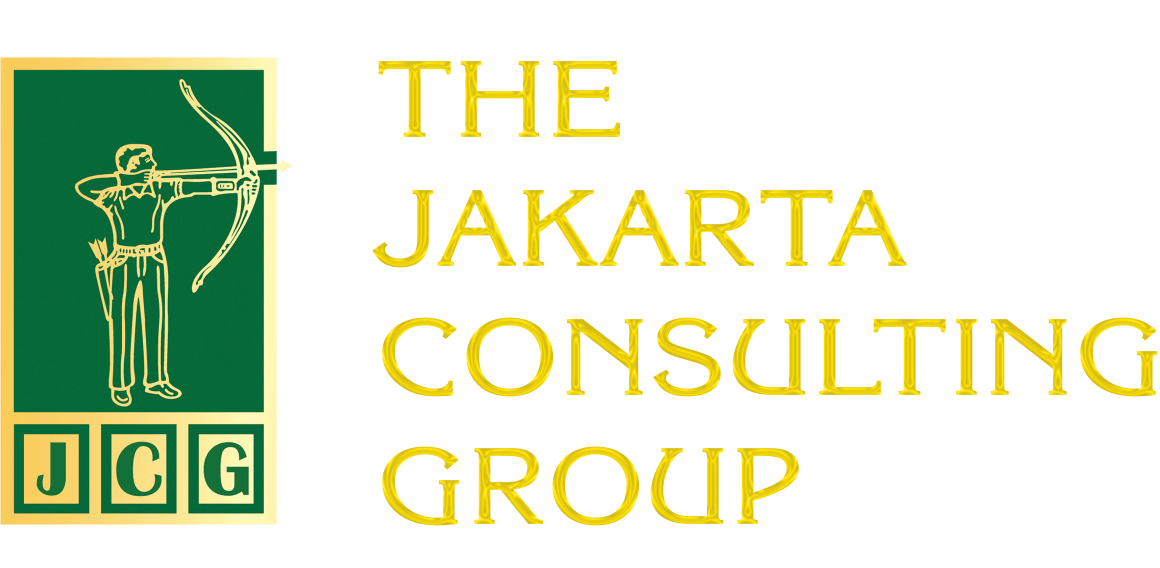In the past, the ideal career was often described as a straight and sturdy ladder. We started at the bottom, then climbed step by step, hoping that one day we would reach the top through promotion to a manager or director position. However, in today’s rapidly changing world of work, the concept of climbing the ladder is no longer the sole measure of success. Many professionals now choose to broaden their skill set rather than simply pursue a higher position. This is the new dilemma in the modern career world: Climbing to the Top versus Expanding Your Skills.
When Titles Are No Longer Everything
For previous generations, success was often synonymous with a high position in a stable corporate hierarchy. Climbing the ladder was not only about achievement, but also a guarantee of social recognition and increased wealth. However, in this era of digital disruption, this mind-set is beginning to falter.
Organizational structures now tend to be flatter, managerial positions are becoming fewer, and decision-making involves many divisions. As a result, opportunities for promotion are shrinking.
On the other hand, the demand for versatile and adaptable employees has skyrocketed. Employees who are able to jump across functions, master new technologies, and dance to the rhythm of business change are considered far more valuable than those who rely solely on impressive titles. The 2024 LinkedIn survey reinforces this trend: 68 percent of professionals prefer to deepen their technical and leadership skills rather than pursue promotions.
This phenomenon marks a shift from vertical career growth to horizontal growth—an approach in which individuals enrich themselves with expertise in various fields, rather than focusing solely on climbing the ladder.
The Appeal of the Classic Path: Climbing to the Top

Despite the shifting trend, the vertical career path still has its own charm.
Many people still view top positions as the crown of success. A promotion often means a bigger salary, generous bonuses and benefits, greater authority, and, of course, prestige.
Managerial positions also provide opportunities to lead teams, direct organizational strategy, and be involved in important decisions. For some people, these aspects provide inner satisfaction and meaning in their careers.
However, the path to the top of a career is not always smooth. In many companies, the space at the “top of the pyramid” is getting narrower—many are competing for a few seats. This intense competition can cause stress, conflict, and even stagnate careers if promotions do not come.
Not to mention, a promotion does not always mean readiness to lead. It is not uncommon for brilliant technical experts to stumble when promoted to managers, because their role changes from “doing” to “managing people.” This is called the Peter Principle: a person is promoted to a level at which they become incompetent.
Today’s Popular Path: Expanding Your Skill Set
Nowadays, more and more employees are choosing to expand their skills. For them, titles and positions are not the main thing. Their focus is on continuous learning and keeping their skills relevant amid change.
This phenomenon is particularly prominent among millennials and Generation Z. They prefer flexibility, learning opportunities, and work-life balance over high-level positions. “Moving up the ladder” is no longer a status symbol, but merely one of many options for growth. In other words, for them, promotion is not the only measure of success.
Employees with diverse skills have an added value: they are more adaptable. They can switch roles nimbly, understand the business more comprehensively, and become connectors between divisions. For example, marketing staff who learn data analytics can become reliable data-driven marketers. Or, HR staff who understand business strategy can become more valued strategic partners.
In the long term, expanding skills also opens doors to non-traditional careers. For example, becoming a freelancer or entrepreneur. This path emphasizes career agility—the ability to continue growing even without a formal promotion.
New Challenges for Companies in Managing Talent
This paradigm shift certainly has consequences for organizations. Many companies are still stuck with career systems that are oriented towards vertical career paths. In fact, today’s talent wants more flexible and personalized career paths.
In response to developments in the world of work, organizations can consider providing two career paths, namely vertical and horizontal paths. Vertical paths are provided for those who are talented and capable of leading. Meanwhile, horizontal paths are provided for those who want to deepen and/or expand their expertise or explore cross-functional roles without having to become managers.

Companies such as Microsoft and 3M have implemented dual career paths, where expert specialists can receive recognition and income equivalent to that of managers, without having to move up the ladder and leave their technical expertise zone.
In addition, HR departments need to encourage career mobility—through job rotation, cross-team projects, or assignments outside the region. This way, employees can gain new experiences without feeling that their careers are stagnating.
Choosing a Path: Reflections for You
Every modern professional is now faced with a fundamental question: Do I want to focus on climbing the ladder or expanding my expertise?
There is no right or wrong answer, as this choice depends heavily on each individual’s values, passion, and life circumstances.
If you enjoy the challenge of leading people, designing strategies, and shouldering great responsibility—the vertical path may be right for you. Conversely, if you are thirsty for knowledge, enjoy exploring new fields, and want to stay relevant—expanding your skills may be a wiser choice.
The struggle between promotion and skill expansion proves that success in a career can no longer be generalized. In a rapidly changing world, excellence does not lie in who has the highest position, but who is the most resilient and adaptive.
A promotion may make you known, but expanding your skills will make you always needed. And in an era where change is the only certainty, it may be the ability to continue learning—not the title on your business card—that will determine how far your career will go and shine.
#career #climb high #broaden skills #organizational structure #managerial position #decision making #vertical career path #prestige #competition #conflict #Peter Principle #horizontal path
Related Posts:
Golden Shackles: Employee Retention Strategy or Career Shackles?
Social Footprint Check: When Digital Footprints Determine a Person’s Career Fate
Psychological Tests Aren’t Enough: The Importance of Mentorship and Reverse Mentoring in Talent Management
Social Isolation in the Era of Remote/Hybrid Work: How HR Builds Human Relationships
Financial Wellness: Strategies to Increase Productivity and Reduce Turnover











